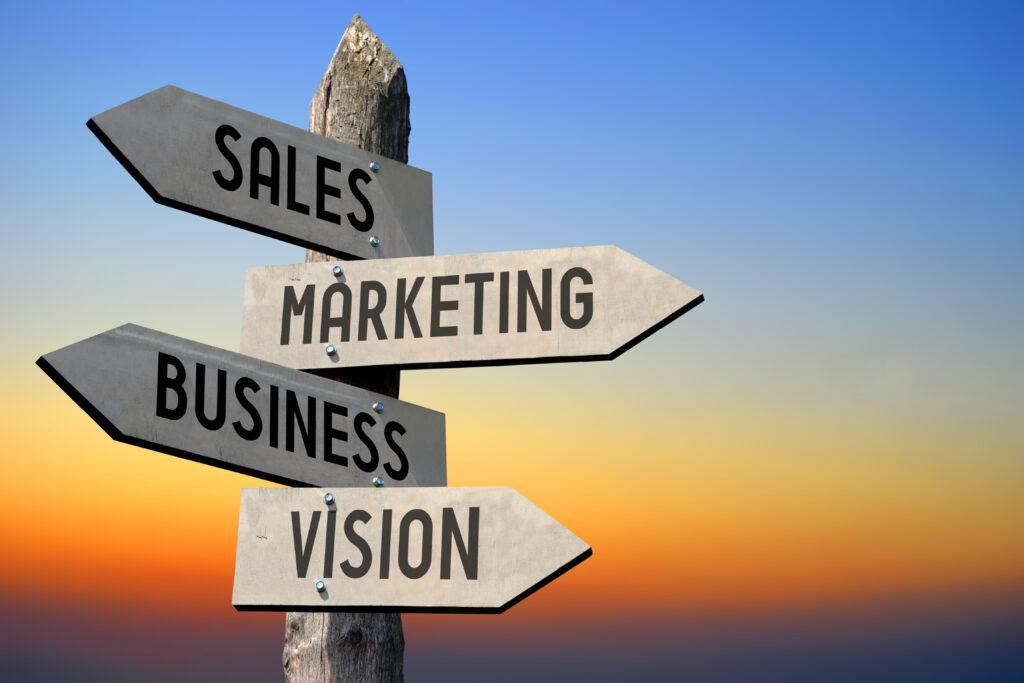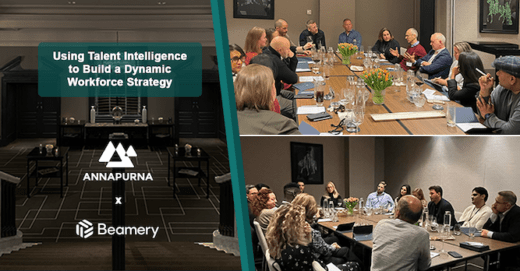Introduction
Building a winning Go-To-Market (GTM) culture is an intricate endeavour that demands a blend of strategic insight, operational excellence, and an unwavering commitment to disciplined sales practices. This article elucidates the foundational elements of crafting a successful sales team, highlights the paramount characteristics of hiring top talent, and examines the evolving dynamics of the sales cycle in recent years.
Building a Successful Team with a Disciplined Sales Culture
A disciplined sales culture is the cornerstone of a high-performing GTM team. Establishing such a culture begins with a clear vision and mission, providing direction and purpose. Leaders must articulate these elements consistently, aligning the team’s efforts towards common goals and inspiring commitment. Structured sales processes and well-defined metrics are also crucial. According to McKinsey, a high-performance culture requires aligning employee goals with organizational strategy and using key performance indicators to manage performance effectively. This provides a roadmap for sales activities and benchmarks for performance, with regular monitoring and analysis ensuring accountability and identifying areas for improvement (McKinsey, 2017).
My leadership style has always been rooted in the principles of Inspire, Coach, and Expect. This approach serves as the underlying basis for fostering a disciplined sales culture. By inspiring the team, I aim to ignite their passion and commitment towards our shared goals. Coaching involves continuous guidance and development, ensuring that each team member has the tools and knowledge needed to succeed. Expecting excellence sets high standards and fosters a culture of accountability.

Continuous training and development are essential in maintaining a dynamic and effective team. Regular training programs enhance skills and knowledge, keeping team members abreast of industry trends and best practices. Incentives and recognition play a significant role in fostering motivation within the team. Aligning incentives with desired outcomes and providing timely, specific recognition celebrates both individual and team achievements, driving further success.
A collaborative environment where knowledge sharing and teamwork are encouraged enhances both individual performance and collective success. Leadership plays a pivotal role in shaping and sustaining this disciplined culture. Effective leaders lead by example, embodying the values and behaviors they wish to instill. They remain accessible, provide regular feedback, and are committed to the personal and professional growth of their team members.
By embedding these principles into the core of our sales culture, we not only create a disciplined and high-performing team but also foster an environment where individuals feel valued and motivated to contribute their best efforts towards the success of the organization.
Top Characteristics for Hiring
When it comes to hiring, the focus should be on attributes that are inherently difficult, if not impossible, to change: Intelligence Quotient (IQ), Emotional Intelligence (EQ), and intrinsic motivation. These characteristics are foundational to an individual’s potential for success and adaptability within the organization.
IQ reflects a person’s cognitive abilities, including problem-solving, reasoning, and learning capacity. Individuals with high IQs are better equipped to navigate complex challenges and grasp new concepts quickly. EQ pertains to the ability to understand and manage one’s own emotions, as well as to empathize with others. High EQ is crucial for building strong relationships, both internally within the team and externally with clients. Motivation drives a person’s commitment to their work and their willingness to go the extra mile. Motivated individuals are more likely to be proactive, resilient, and persistent in the face of adversity.
Identifying these traits during the hiring process is notoriously challenging. Unlike technical skills or experience, there are no straightforward test questions or assessments that can reliably measure IQ, EQ, and motivation. This complexity makes the hiring process demanding and necessitates a nuanced approach. Behavioral and situational interviews can help gauge a candidate’s EQ and motivation. Asking candidates to describe past experiences, how they handled specific situations, and their thought processes can provide insights into their emotional intelligence and drive. For me personally, it is paramount to meet candidates in person and spend time with them; in a very remote environment, nothing can replace this crucial step.

Over the past years, my experience has underscored the critical importance of hiring the right people. A poor hiring decision can be incredibly costly—not just financially, but also in terms of team morale and productivity. An ill-fitting team member can disrupt the dynamics and lower the morale of the entire team. This can lead to decreased productivity and increased turnover. The financial implications of a bad hire include the costs of recruitment, training, and the potential lost revenue during the transition period. Moreover, the process of finding a replacement can be time-consuming and resource-intensive. The time and resources spent on managing and rectifying a poor hiring decision could have been better invested in other strategic initiatives.
Thus, investing time and effort into a rigorous and thoughtful hiring process is not just beneficial—it is essential for building a resilient and high-performing sales team. By prioritizing IQ, EQ, and motivation, organizations can ensure they bring on board individuals who are not only capable but also aligned with the company’s culture and values. This approach ultimately leads to a more cohesive, motivated, and effective team, capable of driving the organization’s success in a competitive market landscape.
A crucial lesson I’ve learned is to pose a critical question to both the team and myself at the end of the hiring process: “Does this candidate dramatically elevate the average quality of the team?” If we are not unanimously convinced with a resounding “yes,” then it must be a no. Throughout my career, making those tough no-decisions has always been challenging but, in hindsight, they have invariably paid off.
Changes in the Sales Cycle and Landscape
The sales cycle and landscape have undergone significant transformations in recent years, driven by technological advancements, changing buyer behaviours, and global economic shifts. Digital transformation has revolutionized the sales process. Sales professionals now leverage a variety of digital tools and platforms for prospecting, engagement, and closing deals. Data analytics plays a critical role in understanding customer behaviour, predicting trends, and personalizing interactions. As such, proficiency with CRM and sales automation tools, data analysis, and digital communication techniques have become essential skills.

Customers are no longer looking for just products; they seek comprehensive solutions to their problems. This shift requires sales professionals to take a consultative approach, deeply understanding the customer’s business and crafting tailored solutions. Consequently, strong problem-solving abilities, industry knowledge, and consultative selling techniques are now paramount.
Customer experience has become a key differentiator in the competitive market. Providing a seamless and personalized customer journey from initial contact through post-sale support is critical for building long-term relationships. Thus, skills in customer journey mapping, personalization strategies, and post-sale engagement are increasingly important.
The COVID-19 pandemic accelerated the adoption of remote and virtual selling. Sales teams have had to adapt to engaging with customers through virtual meetings and digital channels, requiring a new set of skills and techniques. Proficiency with virtual meeting tools, virtual presentation skills, and the ability to build rapport and trust remotely have become crucial.
According to HubSpot, building a sales culture that emphasizes empathy, curiosity, and the persistence to grow is fundamental. They recommend setting clear expectations, giving consistent feedback, and fostering a culture of continuous learning and development to keep the team engaged and motivated (HubSpot, 2023).
Conclusion
Building a winning GTM culture requires a strategic approach to team building, a disciplined sales culture, and an adaptive mindset to navigate the evolving sales landscape. By focusing on hiring resilient, emotionally intelligent, and adaptable individuals, and by fostering a culture of continuous learning and collaboration, organizations can position themselves for sustained success. Additionally, embracing digital tools, solution selling and customer experience will ensure that sales teams remain competitive and relevant in today’s dynamic market environment.




